Navigating the Landscape of Concealed Carry Reciprocity: A Comprehensive Guide to Florida’s Standing
Related Articles: Navigating the Landscape of Concealed Carry Reciprocity: A Comprehensive Guide to Florida’s Standing
Introduction
With enthusiasm, let’s navigate through the intriguing topic related to Navigating the Landscape of Concealed Carry Reciprocity: A Comprehensive Guide to Florida’s Standing. Let’s weave interesting information and offer fresh perspectives to the readers.
Table of Content
Navigating the Landscape of Concealed Carry Reciprocity: A Comprehensive Guide to Florida’s Standing
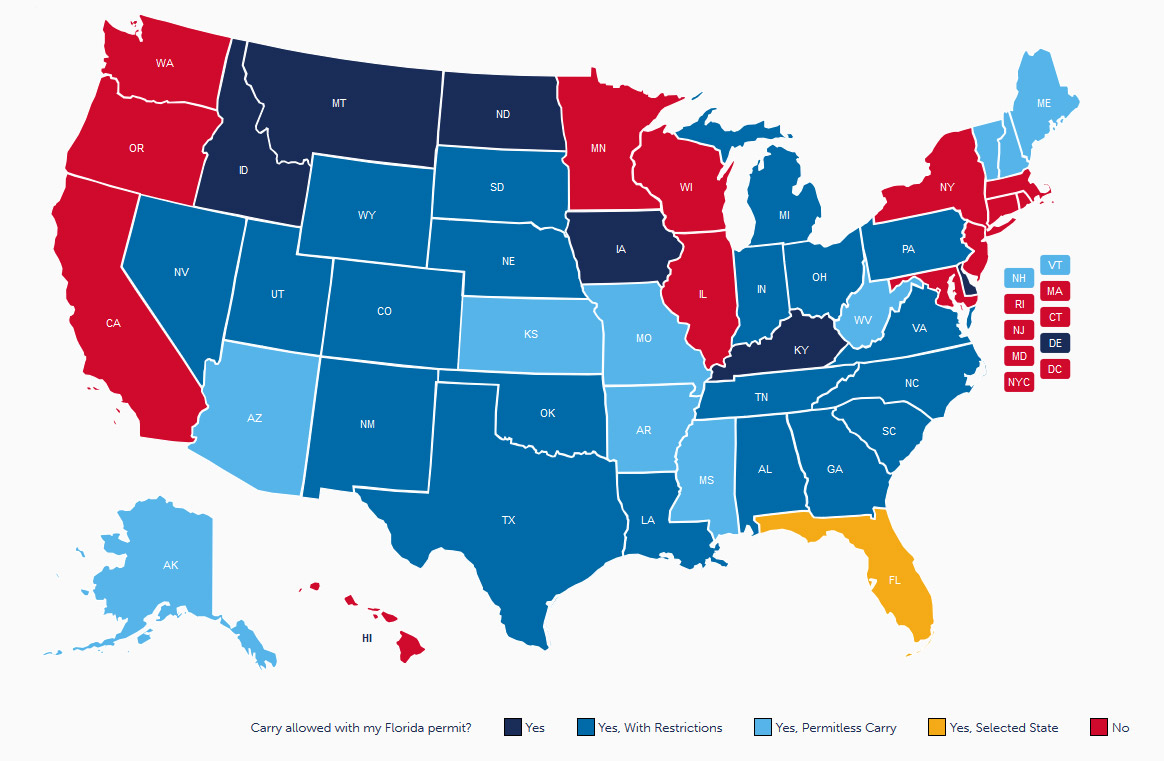
The right to bear arms is a fundamental aspect of American society, and the ability to carry a concealed weapon for self-defense is a right enshrined in many states. However, the complexities of navigating this right across state lines can be daunting, especially for individuals seeking to travel with their concealed carry permits. This is where the concept of concealed carry reciprocity comes into play.
Reciprocity, in the context of concealed carry, refers to an agreement between states that allows individuals with a valid concealed carry permit from one state to legally carry a concealed weapon in another. The Florida Concealed Carry Reciprocity Map serves as a vital tool for understanding which states recognize Florida’s concealed carry permits, thereby enabling lawful concealed carry for Florida residents traveling across the country.
Understanding the Florida Concealed Carry Reciprocity Map
The Florida Concealed Carry Reciprocity Map is a visual representation of the states that have entered into reciprocity agreements with Florida. These agreements allow Florida residents with valid concealed carry permits to legally carry a concealed weapon in participating states.
The map typically depicts states with different colors, with green signifying full reciprocity, yellow indicating partial reciprocity, and red signifying no reciprocity.
Full Reciprocity: States with full reciprocity recognize Florida’s concealed carry permits without any additional requirements. Florida residents with valid permits can carry concealed weapons in these states without needing to apply for a separate permit.
Partial Reciprocity: States with partial reciprocity may require additional steps or documentation from Florida permit holders. These requirements could include:
- Application: Florida residents may need to apply for a separate permit or license in the state.
- Training: Some states may require specific training or courses for non-resident concealed carry permit holders.
- Fingerprinting: Certain states may require fingerprinting for non-resident permit holders.
- Fees: Additional fees may apply for non-resident concealed carry permits.
No Reciprocity: States with no reciprocity do not recognize Florida’s concealed carry permits. Individuals with Florida permits are prohibited from carrying concealed weapons in these states.
The Importance of Reciprocity: A Focus on Freedom and Safety
The Florida Concealed Carry Reciprocity Map is a valuable tool for individuals seeking to exercise their Second Amendment rights while traveling. It provides essential information regarding the legal status of concealed carry in different states, ensuring compliance with local laws and minimizing the risk of legal consequences.
Benefits of Reciprocity:
- Enhanced Freedom: Reciprocity agreements allow individuals to carry concealed weapons in a wider range of states, providing a greater sense of security and personal freedom.
- Increased Safety: The ability to carry concealed weapons for self-defense can be crucial in situations where personal safety is at risk, especially when traveling to unfamiliar areas.
- Streamlined Travel: Reciprocity agreements simplify the process of carrying concealed weapons across state lines, eliminating the need for multiple permits and applications.
- Consistency in Law Enforcement: Reciprocity fosters consistency in the enforcement of concealed carry laws, promoting a more uniform approach across state borders.
Navigating the Map: Key Considerations
While the Florida Concealed Carry Reciprocity Map provides a valuable overview of reciprocity agreements, it is crucial to understand the nuances and complexities involved:
- Constantly Evolving Landscape: Reciprocity agreements are not static and can change frequently. It is essential to stay informed about any updates or changes to the map.
- Specific Requirements: Even in states with full reciprocity, it is advisable to familiarize yourself with the specific requirements and regulations regarding concealed carry.
- Local Ordinances: Local ordinances within a state may impose additional restrictions on concealed carry, regardless of reciprocity agreements.
- Verification: Always verify the validity and recognition of your Florida concealed carry permit with the relevant authorities in the state you are visiting.
FAQs on Florida Concealed Carry Reciprocity
1. What is the process for obtaining a Florida concealed carry permit?
To obtain a Florida concealed carry permit, individuals must meet specific eligibility requirements, including:
- Be at least 21 years old.
- Be a U.S. citizen or legal resident.
- Have no felony convictions or disqualifying offenses.
- Complete a firearms safety course.
- Pass a background check.
2. Are there any restrictions on carrying concealed weapons in Florida?
Florida law prohibits carrying concealed weapons in certain locations, including:
- Schools
- Government buildings
- Airports
- Bars and nightclubs
- Certain businesses with posted signs prohibiting firearms.
3. How often is the Florida Concealed Carry Reciprocity Map updated?
The Florida Concealed Carry Reciprocity Map is typically updated on a regular basis to reflect changes in reciprocity agreements. It is advisable to consult the most recent version of the map for accurate information.
4. What should I do if I am unsure about the reciprocity status of a particular state?
If you are unsure about the reciprocity status of a particular state, it is best to contact the relevant state law enforcement agency or a qualified legal professional for clarification.
5. What are the consequences of carrying a concealed weapon illegally?
Carrying a concealed weapon illegally can result in serious consequences, including:
- Fines
- Jail time
- Seizure of the weapon
- Criminal record
Tips for Safe and Legal Concealed Carry
- Know the Laws: Familiarize yourself with the concealed carry laws of the state you are visiting, including reciprocity agreements, restrictions, and penalties.
- Proper Training: Complete a comprehensive firearms safety course to ensure you are proficient in handling and using a firearm responsibly.
- Carry Responsibly: Always carry a concealed weapon in a safe and secure manner, following all applicable laws and regulations.
- Be Aware of Your Surroundings: Pay attention to your surroundings and be vigilant about potential threats.
- Seek Professional Guidance: If you have any doubts or questions about concealed carry, consult with a qualified legal professional or law enforcement officer.
Conclusion: Empowering Informed Decisions
The Florida Concealed Carry Reciprocity Map provides a valuable resource for individuals seeking to exercise their Second Amendment rights while traveling. By understanding the complexities of reciprocity agreements, individuals can make informed decisions regarding concealed carry, ensuring compliance with the law and promoting personal safety.
It is crucial to stay informed about the latest updates and changes to the map, consult with relevant authorities for clarification, and prioritize safe and responsible concealed carry practices. By doing so, individuals can navigate the legal landscape of concealed carry with confidence and peace of mind.
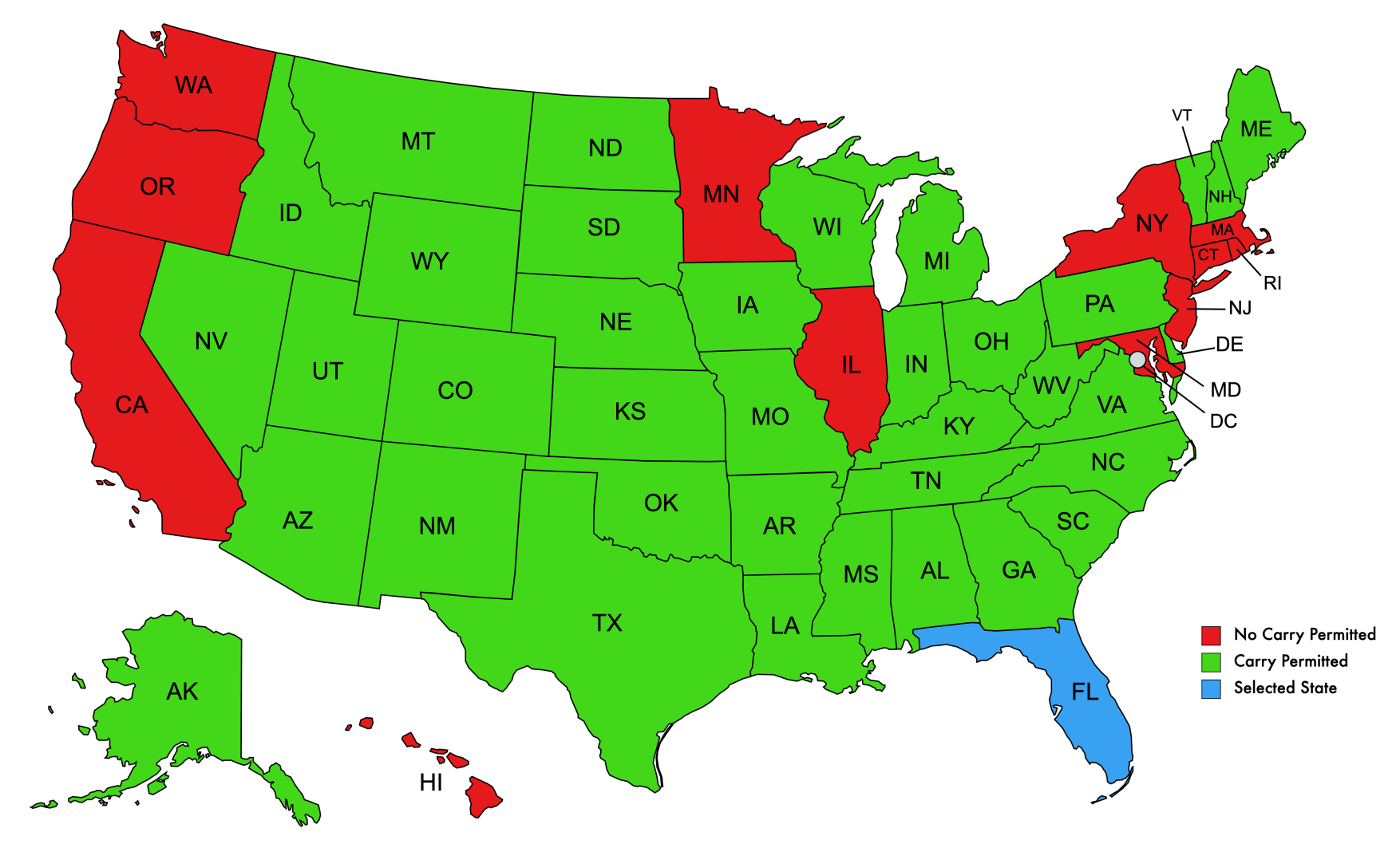

.png)

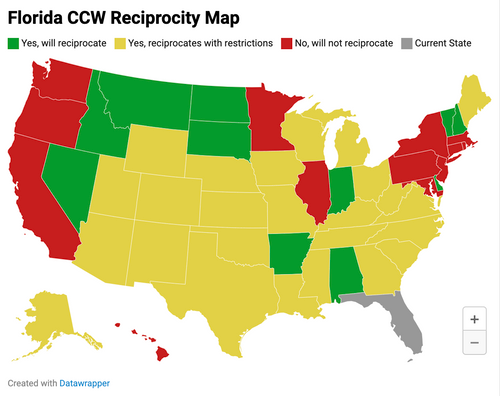

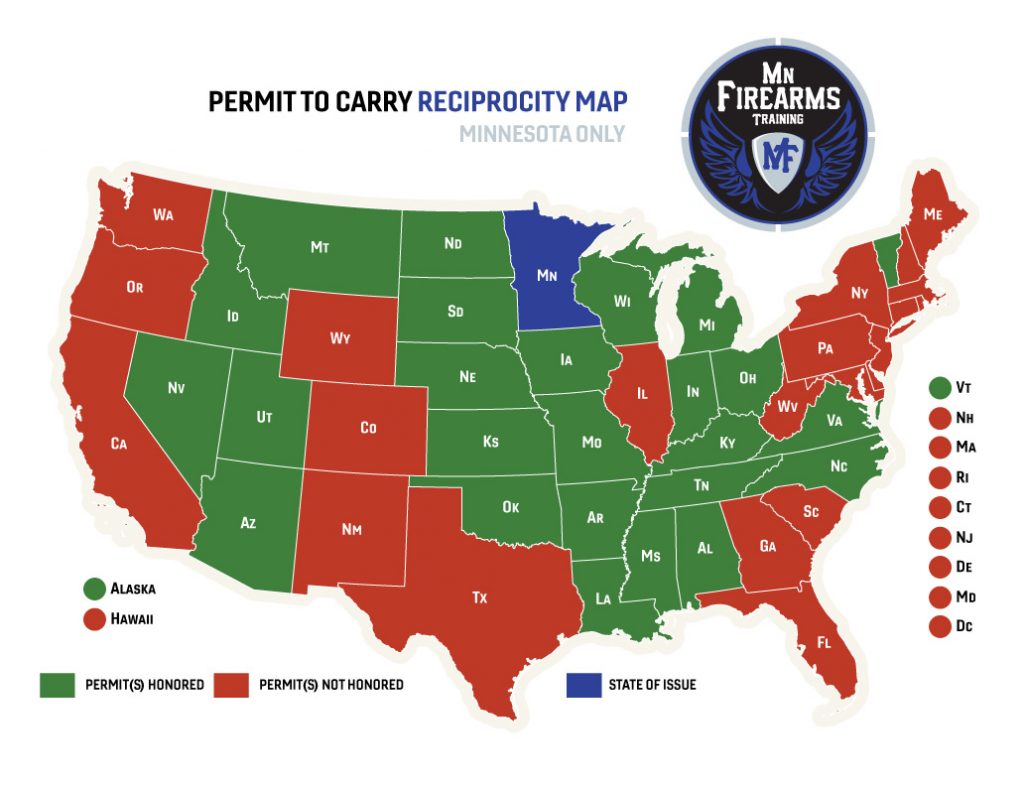
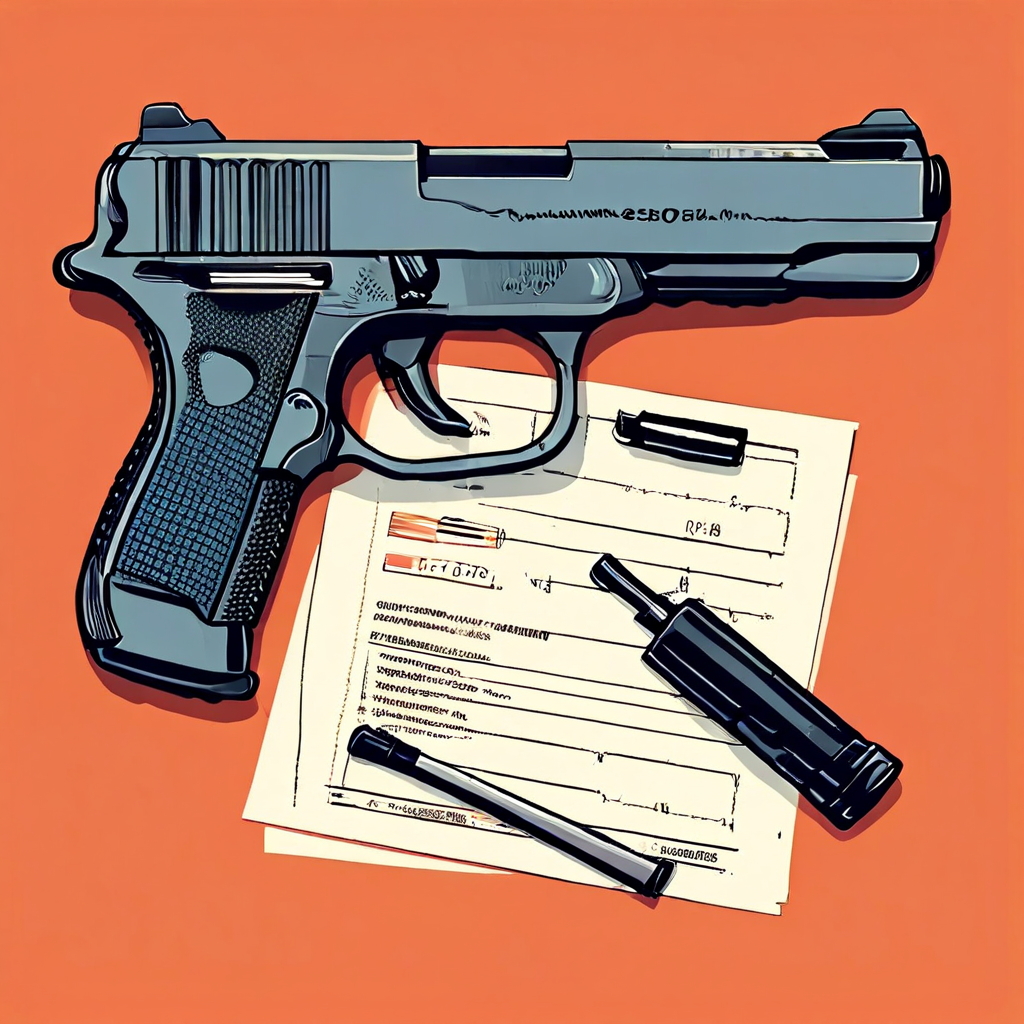
Closure
Thus, we hope this article has provided valuable insights into Navigating the Landscape of Concealed Carry Reciprocity: A Comprehensive Guide to Florida’s Standing. We appreciate your attention to our article. See you in our next article!